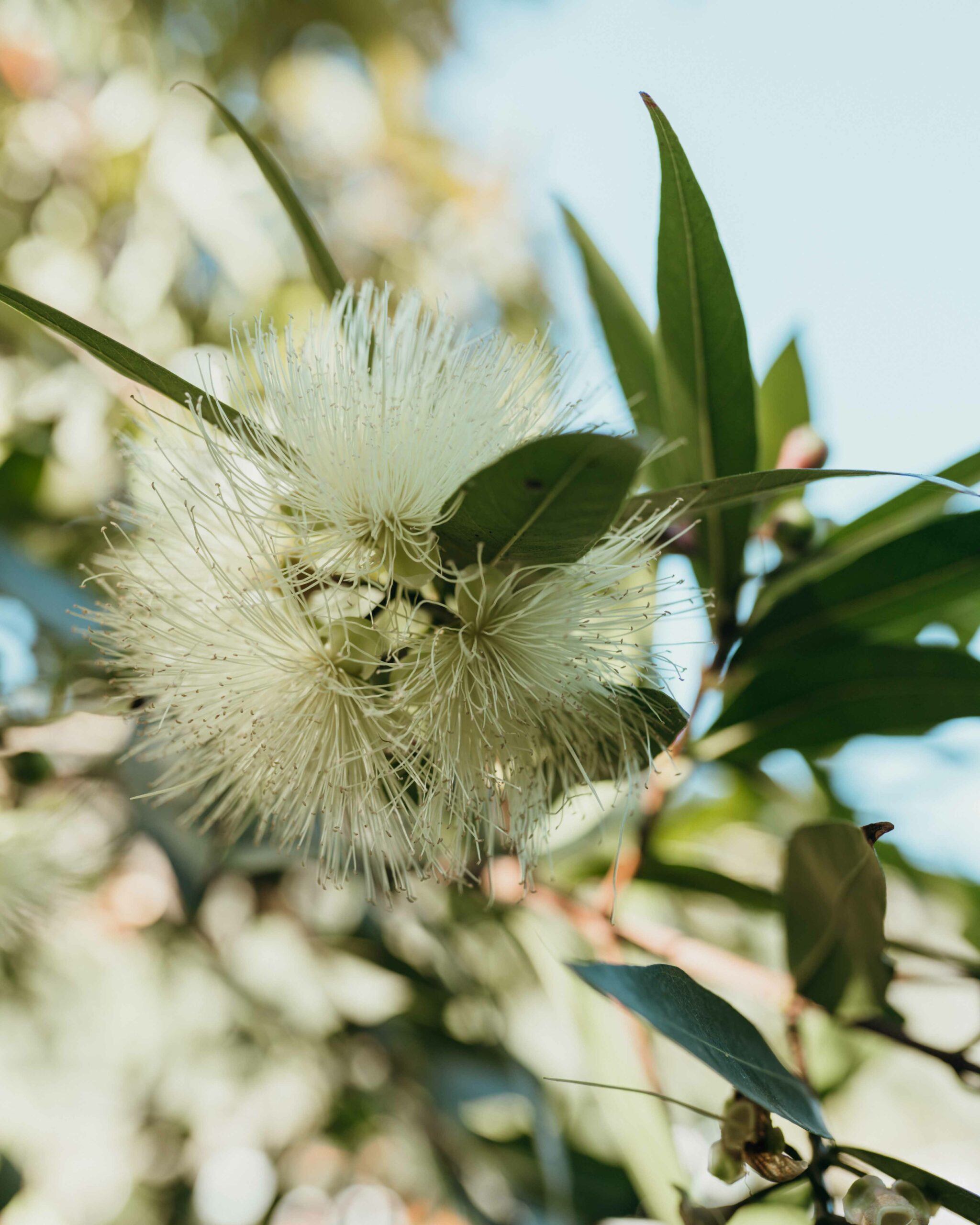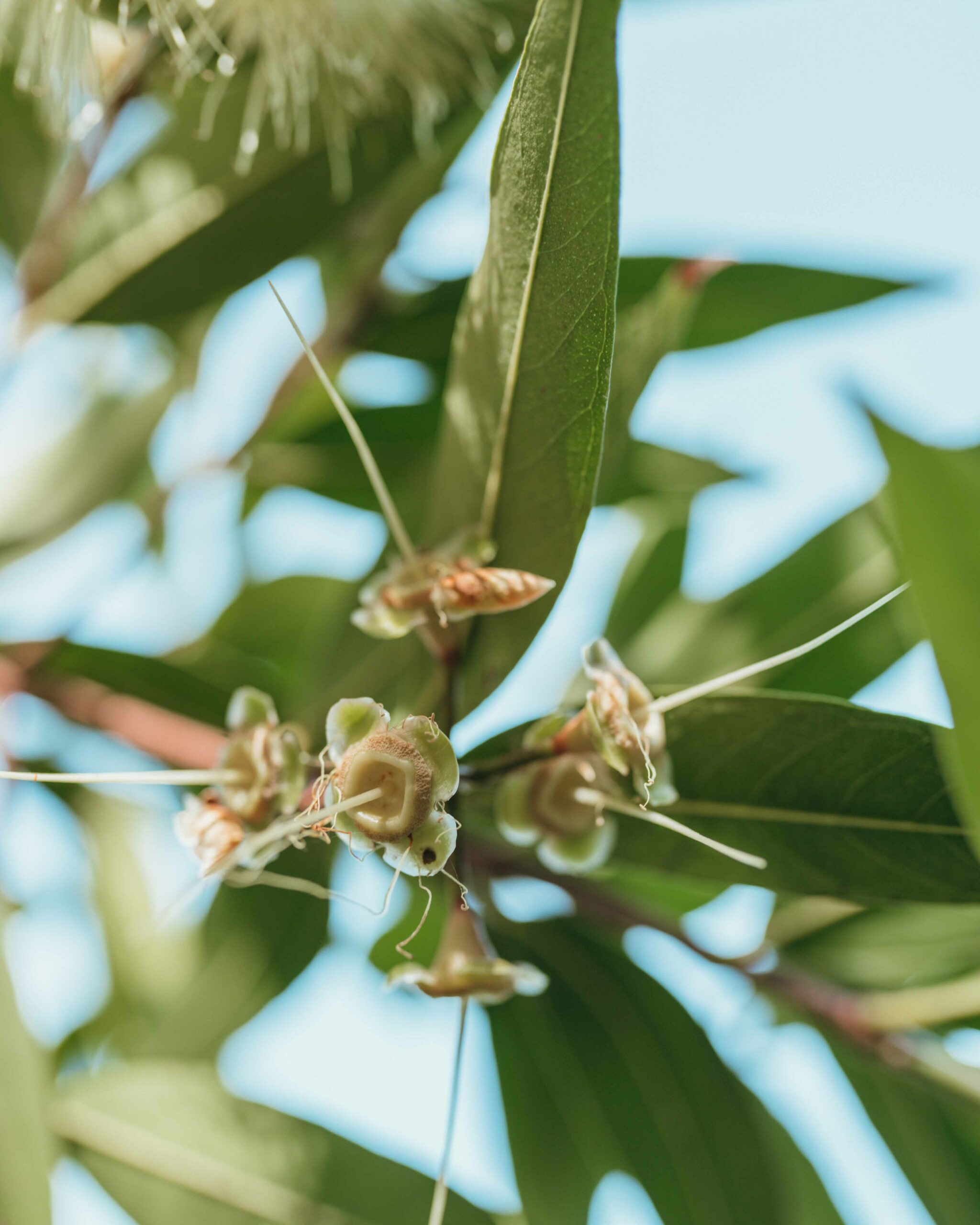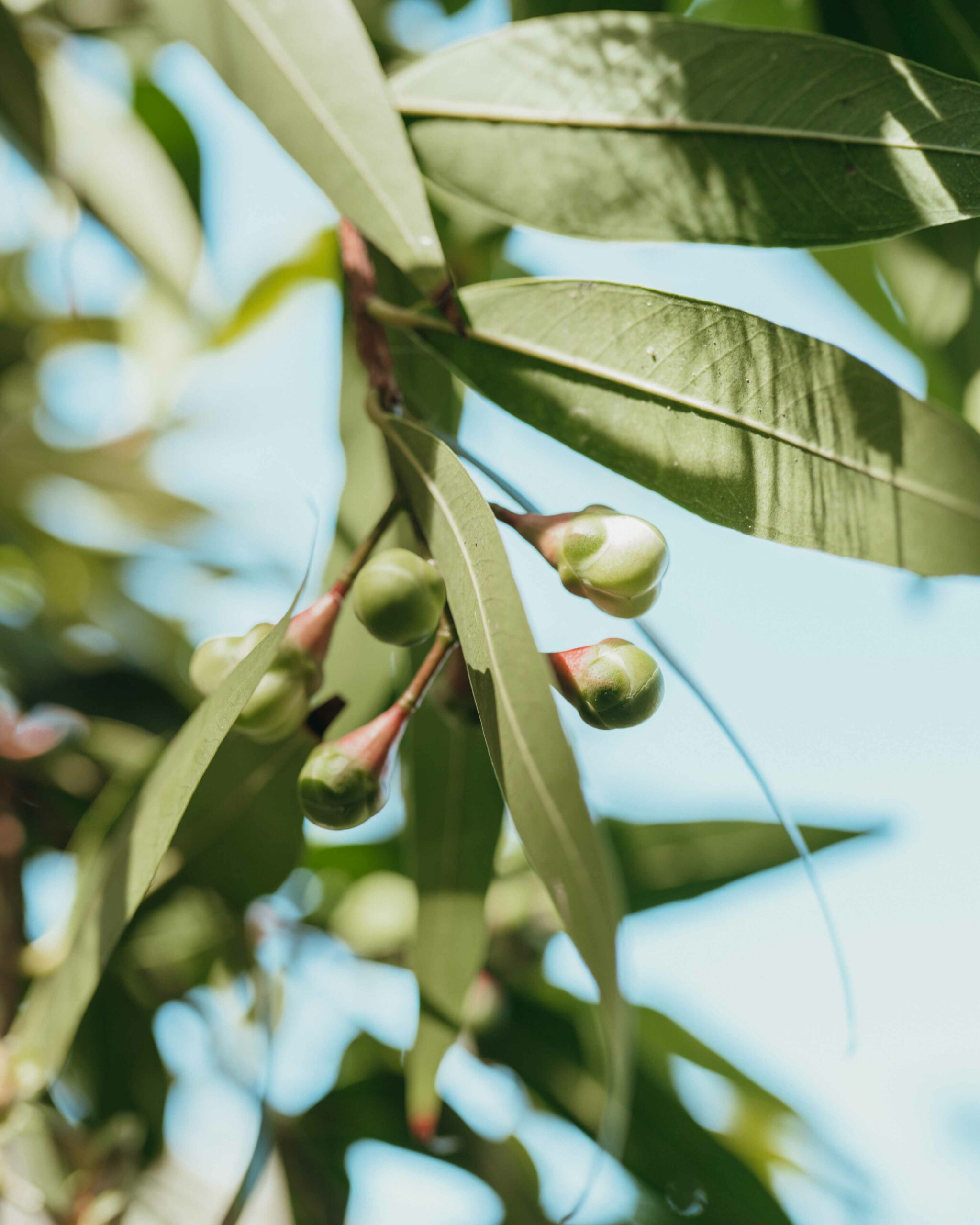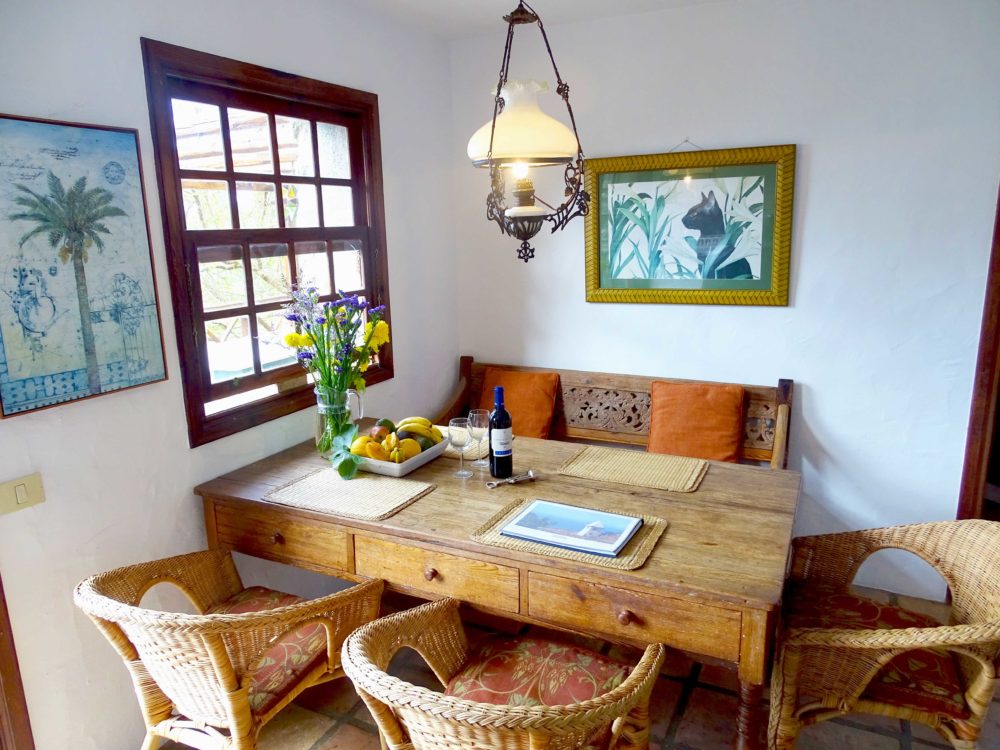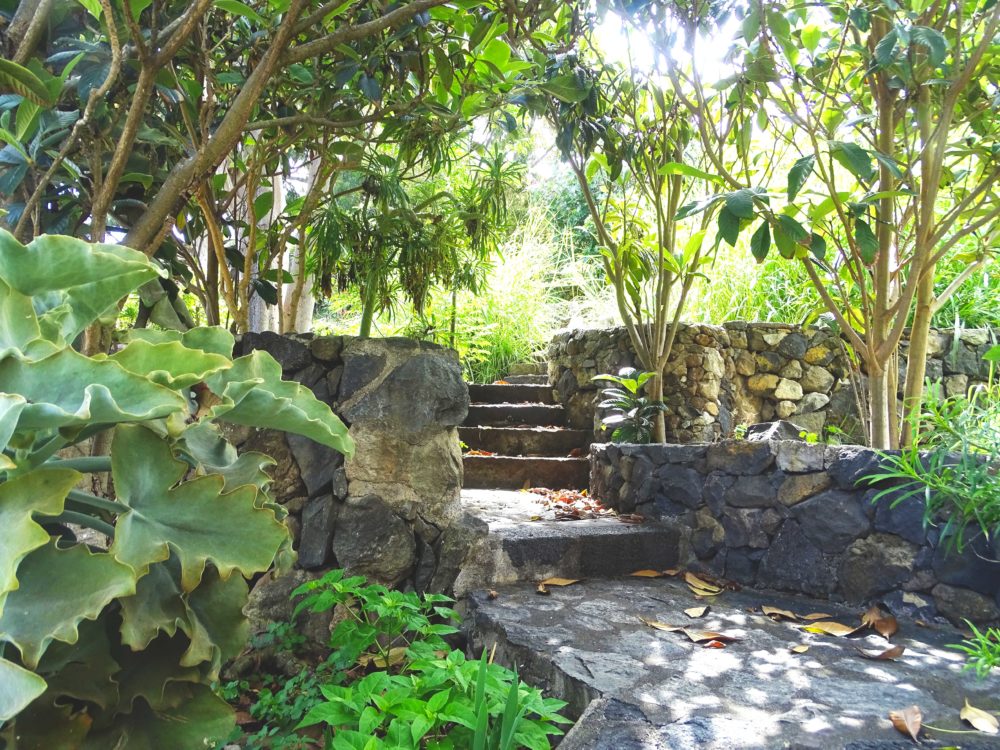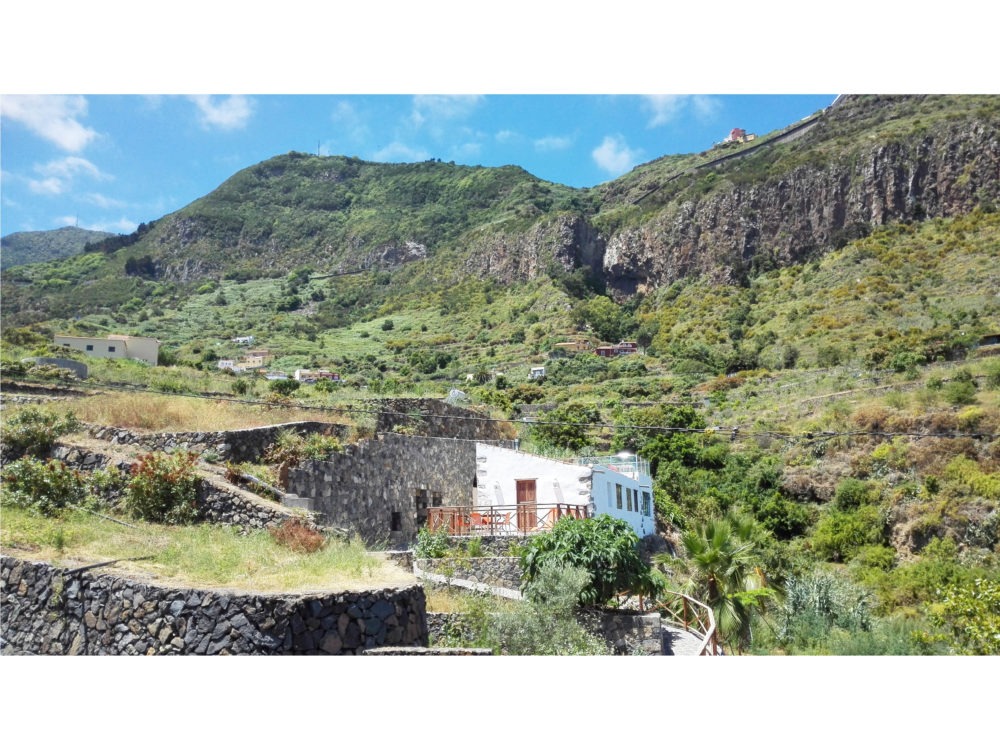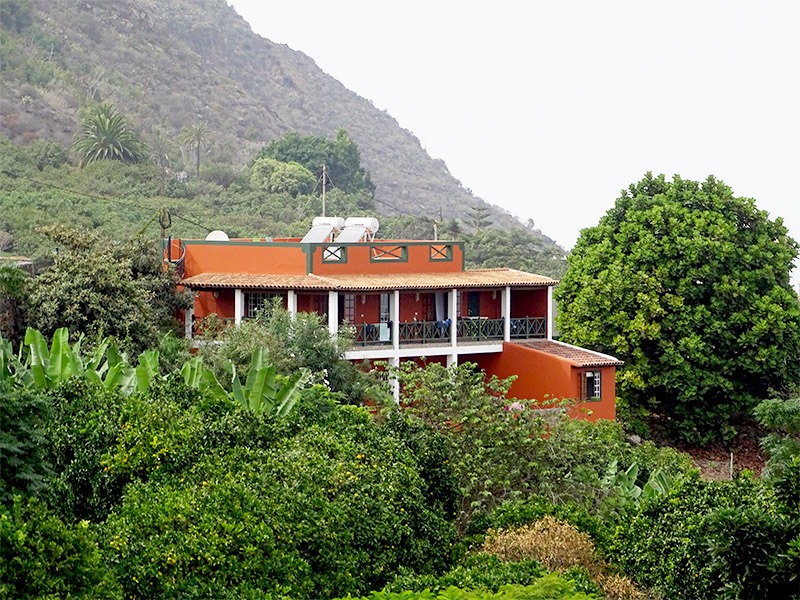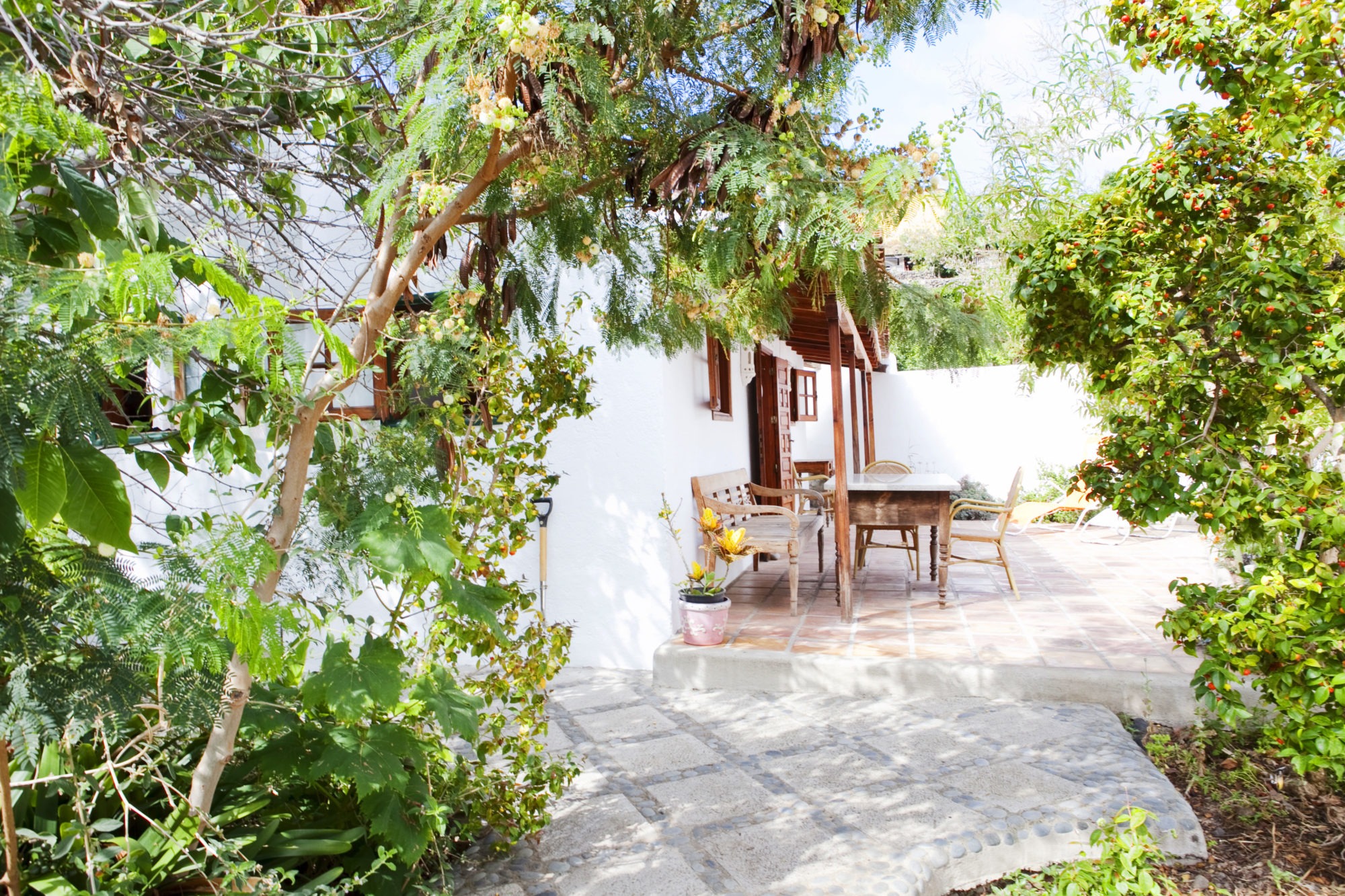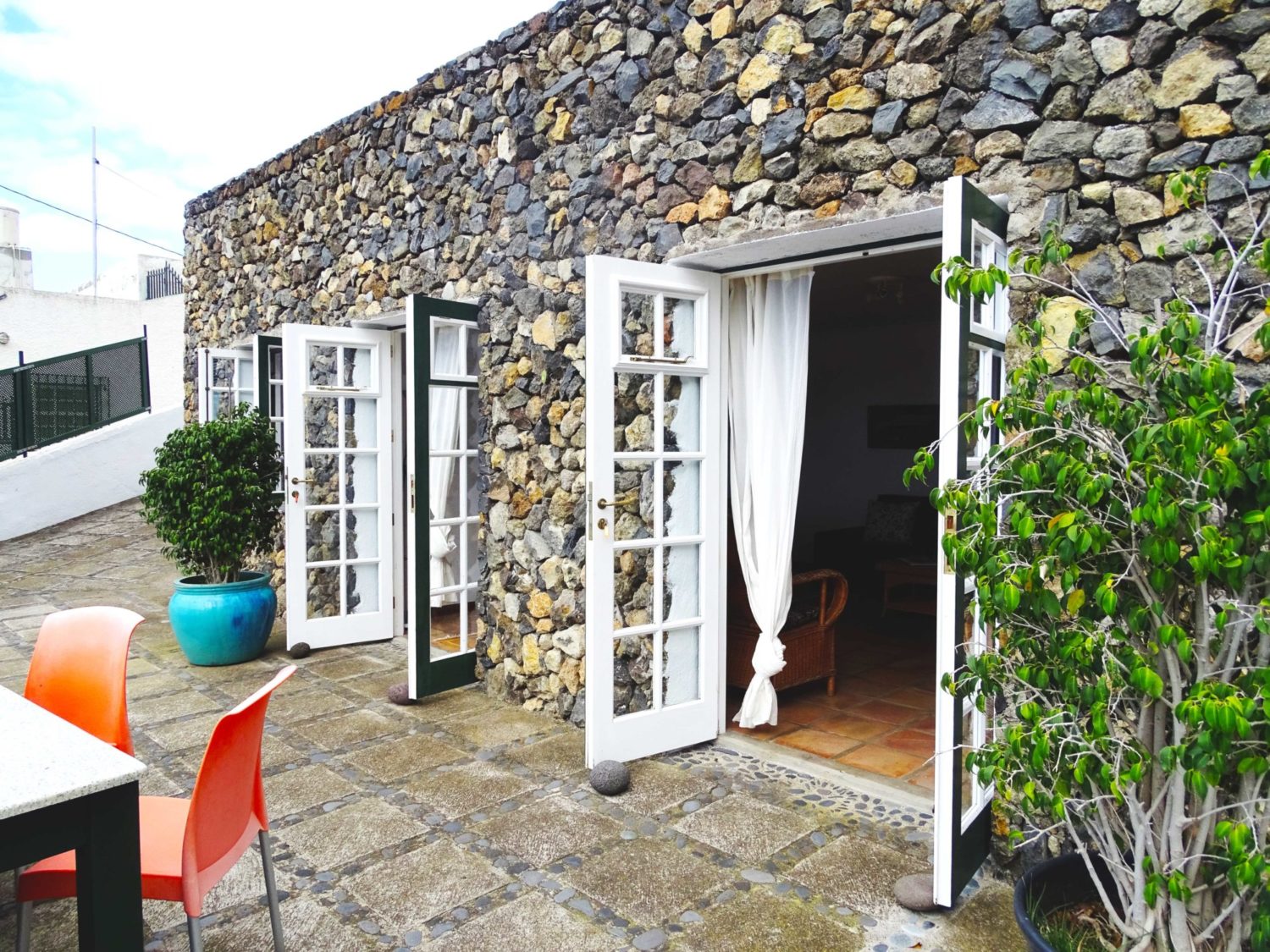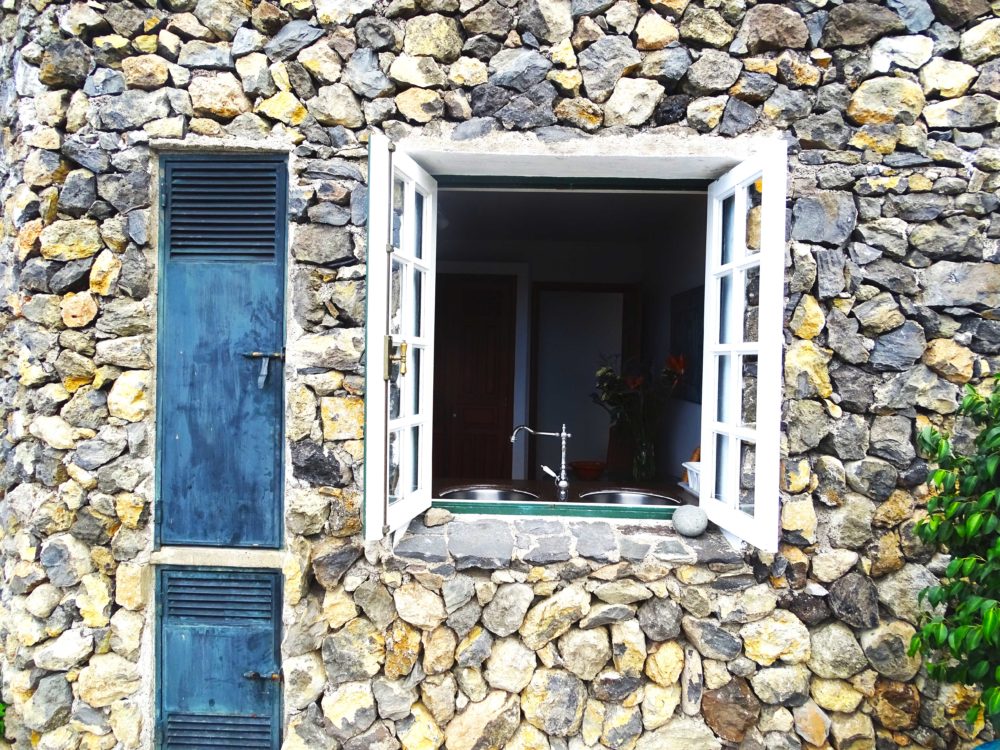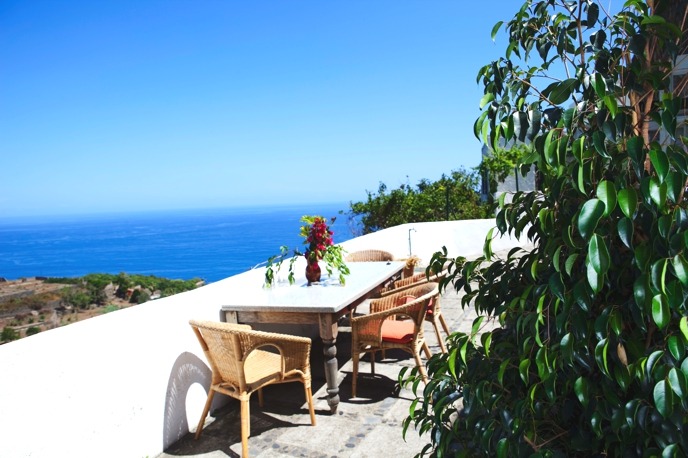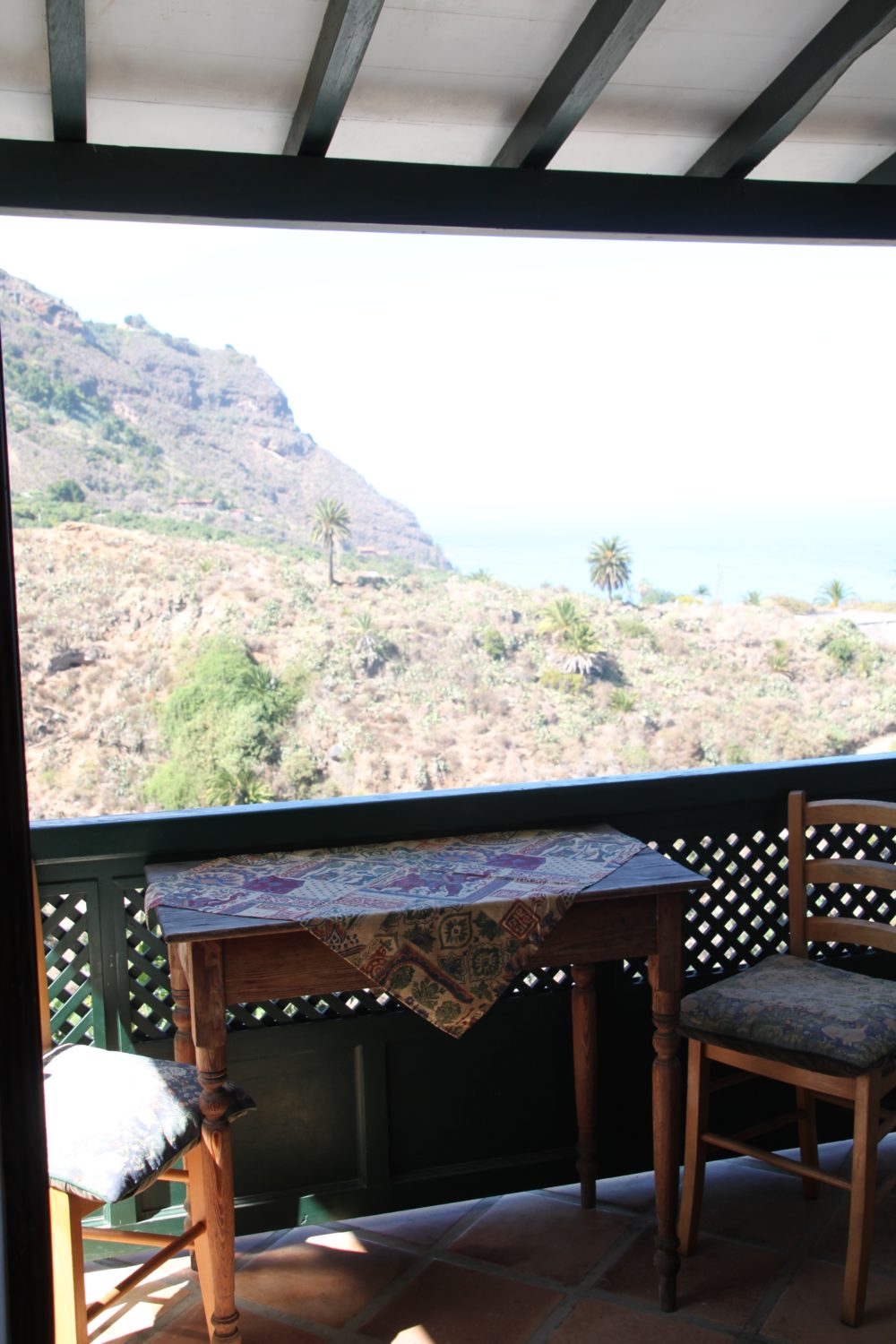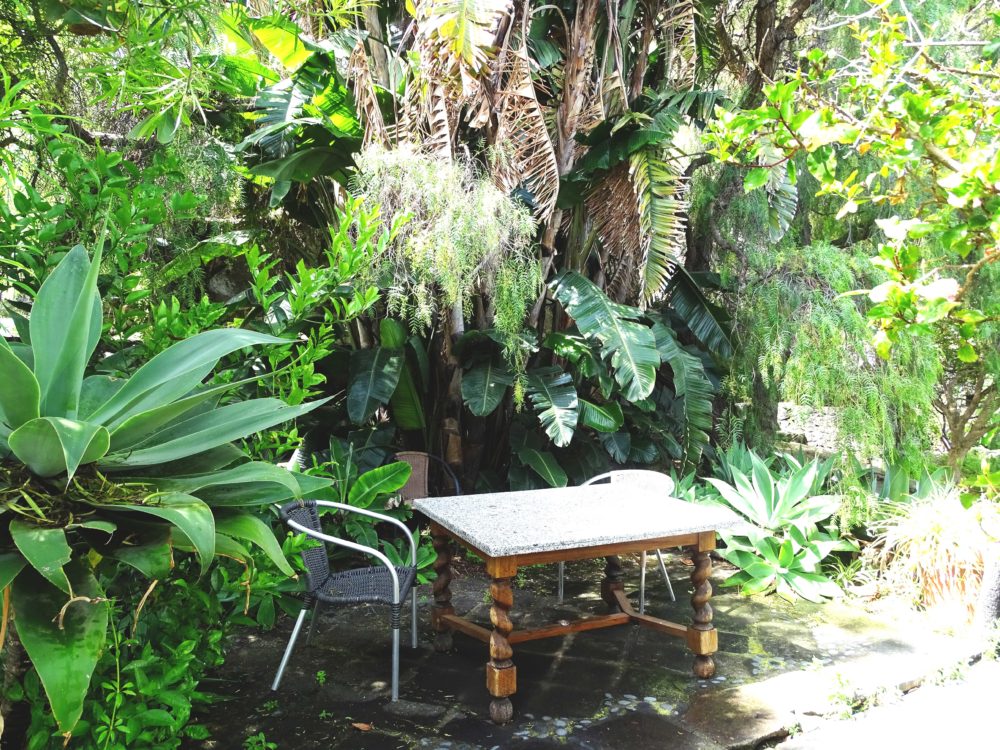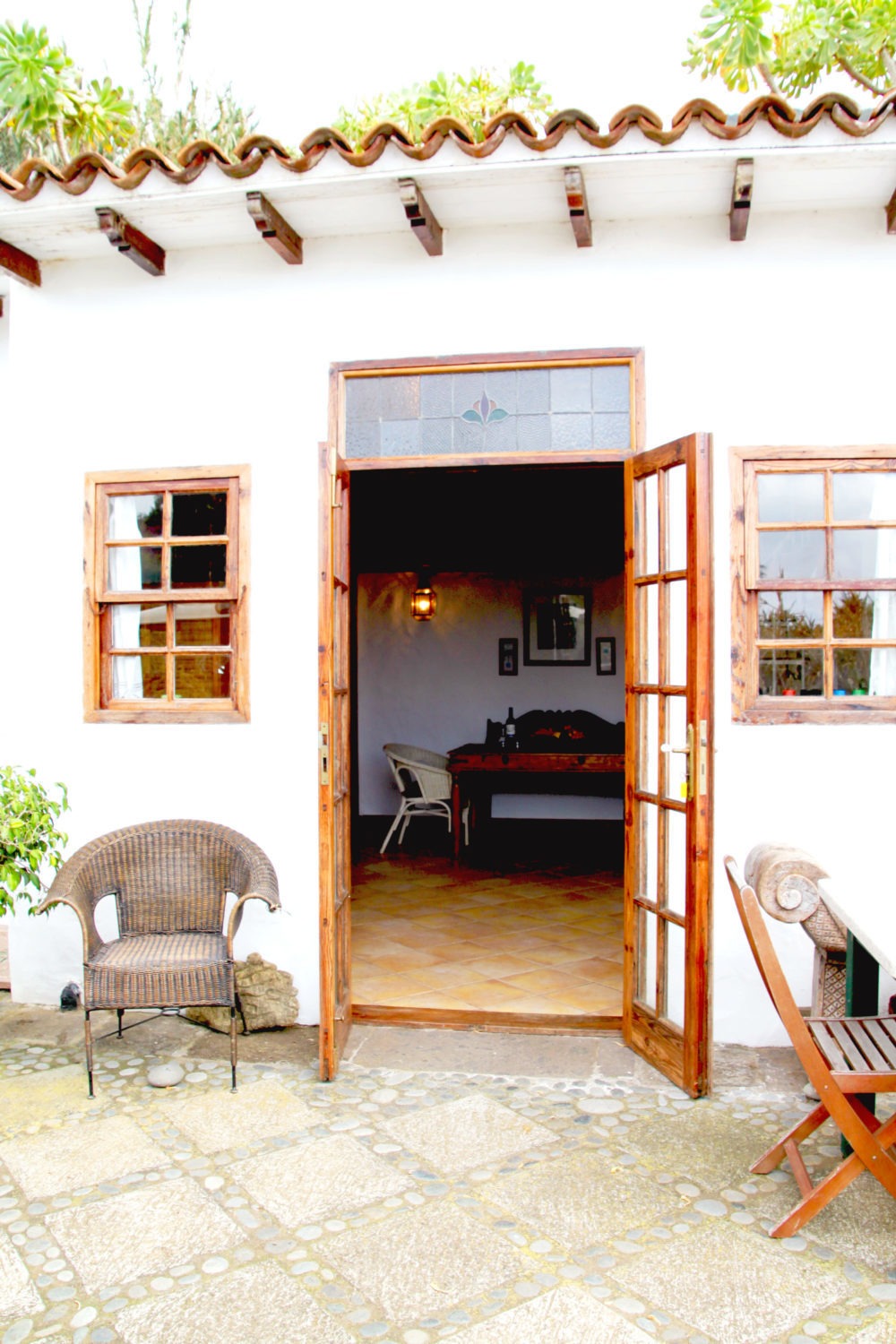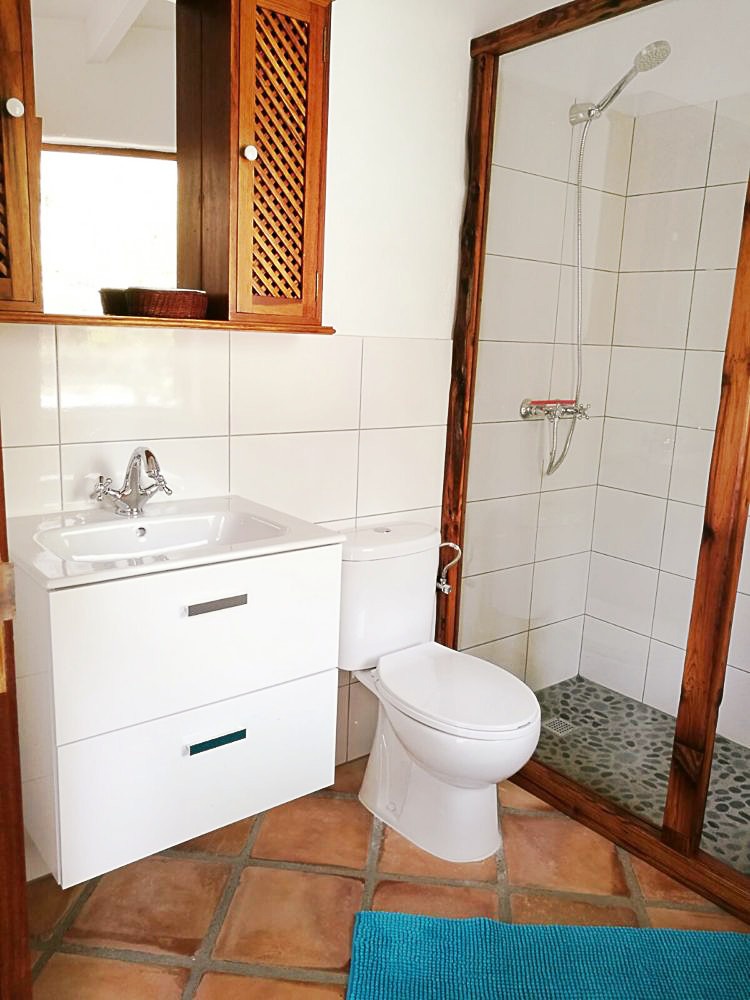Syzygium jambos
Rosenapfel
Englische Bezeichnung: Rose Apple
Spanische Bezeichnung: Pomarrosa
Familie
Myrtengewächse (Myrtaceae)
Hauptbestandteile:
Mineralstoffe: Kalium, Magnesium
Vitamine: E, C, Beta-Carotin (Provitamin A
Sekundäre Pflanzenstoffe: Antioxidantien, Tannine, Lycopin, Lutein
Ernte-Hinweise:
Der Rosenapfel wird geerntet, wenn er vollständig rot und reif ist
Verwendung:
-
Frucht: Obstsalat, Säfte, Getränke
Historische Berichte legen nahe, dass die Pflanze ursprünglich im südostasiatischen Raum, höchstwahrscheinlich im heutigen Land Java, beheimatet war, aber mit der Zeit durch die Tätigkeit von Händlern in andere Teile der Welt verbreitet wurde. Heute wird die Pflanze in den meisten tropischen Ländern angebaut.
Family
Myrtle family (Myrtaceae)
Main components:
Minerals: potassium, magnesium
Vitamins: E, C, beta-carotene (provitamin A)
Secondary plant substances: antioxidants, tannins, lycopene, lutein
Harvesting guide:
The rose apple is harvested when it is completely red and ripe
Use:
-
Fruit: fruit salad, juices, drinks
Historical accounts suggest that the plant was originally native to the Southeast Asian region, most likely in what is now the country of Java, but was spread to other parts of the world over time through the activities of traders. Today, the plant is cultivated in most tropical countries.
Familia
Familia de los mirtos (Myrtaceae)
Componentes principales:
Minerales: potasio, magnesio
Vitaminas: E, C, betacaroteno (provitamina A)
Sustancias vegetales secundarias: antioxidantes, taninos, licopeno, luteína
Guía de recolección:
La manzana rosa se recolecta cuando está completamente roja y madura
Uso:
-
Fruta: macedonia, zumos, bebidas
Los relatos históricos sugieren que la planta era originaria de la región del sudeste asiático, muy probablemente en lo que hoy es el país de Java, pero se extendió a otras partes del mundo con el tiempo gracias a las actividades de los comerciantes. Hoy en día, la planta se cultiva en la mayoría de los países tropicales.
